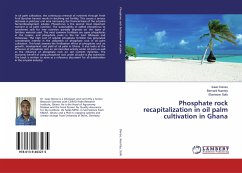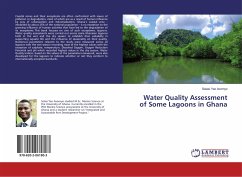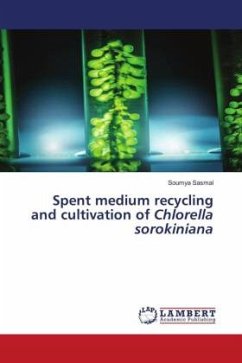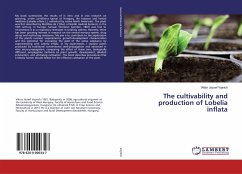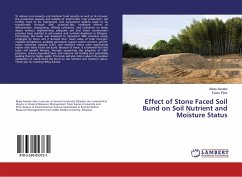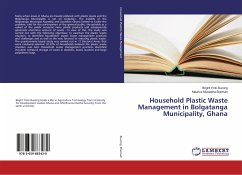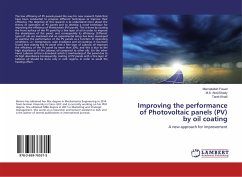In oil palm cultivation, the continuous removal of nutrients through Fresh Fruit Bunches harvest results in declining soil fertility. This causes a serious decrease in yield per unit area narrowing the financial base of the oil palm farmer/development estates. Phosphorus is the second most important nutrient in oil palm nutrition. The sustainability of added phosphorus to weathered soils for tree nutrition partially depends on the types of fertilizer material used. The most common fertilizers are super phosphates in the tropics, and phosphate rocks in the Far East (Malaysia and Indonesia). The high cost of soluble phosphate fertilizer has generated considerable interest in the utilization of phosphate rock in oil palm cultivation. This book assesses the fertilization effect of phosphate rock on growth, development and yield of oil palm in Ghana. It also looks at the influence of phosphate rock on soil microbial activity under oil palm as well as the influence of phosphate rock onsoil nutrient dynamics. The economic benefit of using phosphate rock under oil palm is also examined. The book is written to serve as a reference document for all stakeholders in the oil palm industry.

